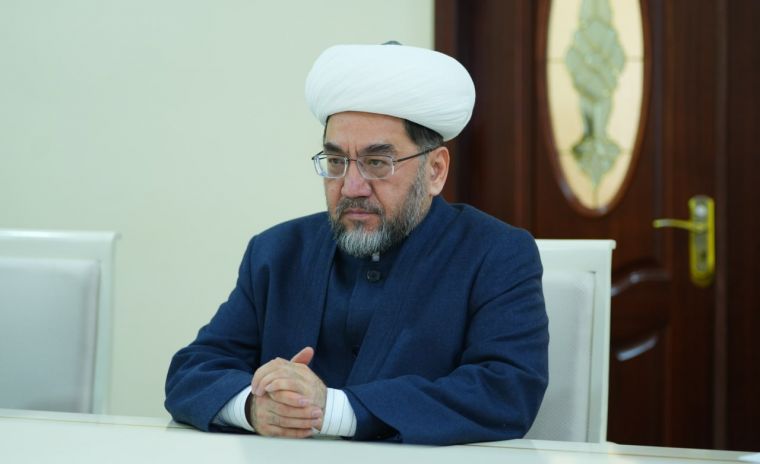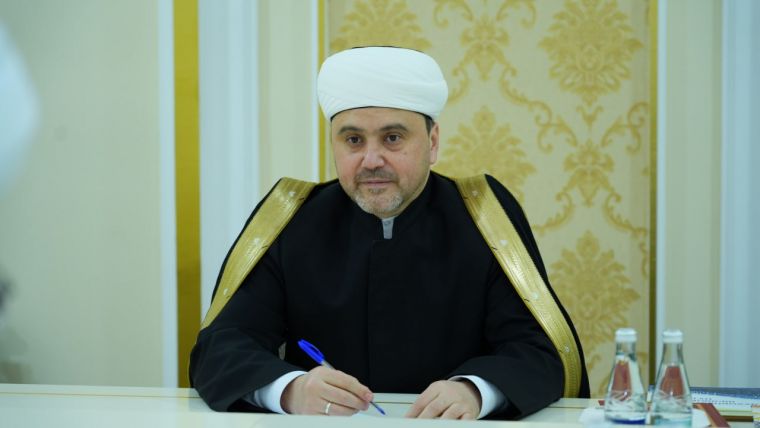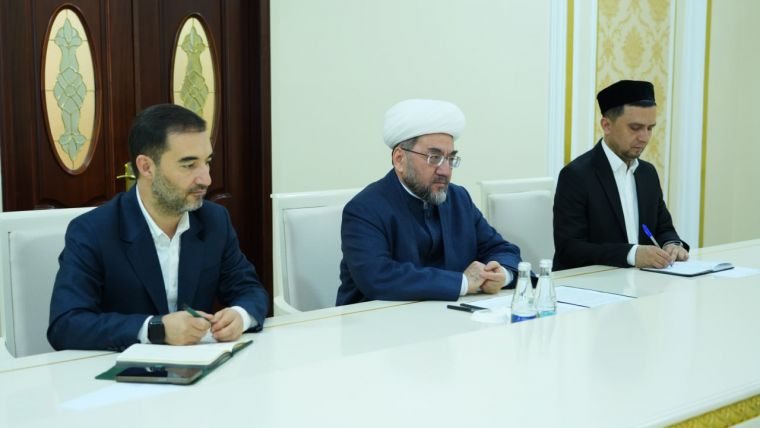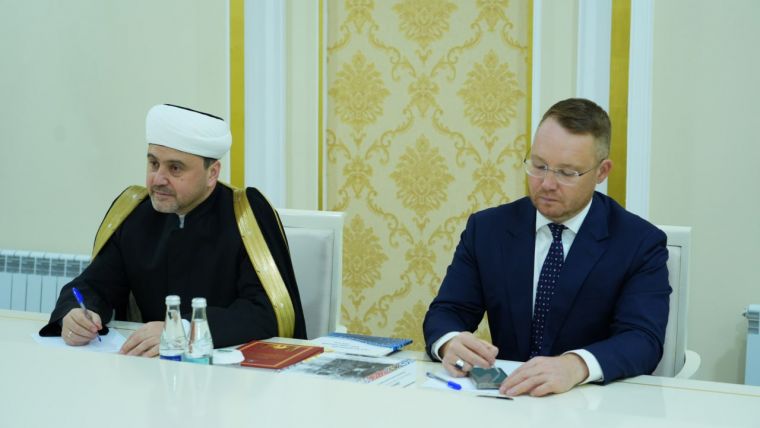Tashkent city


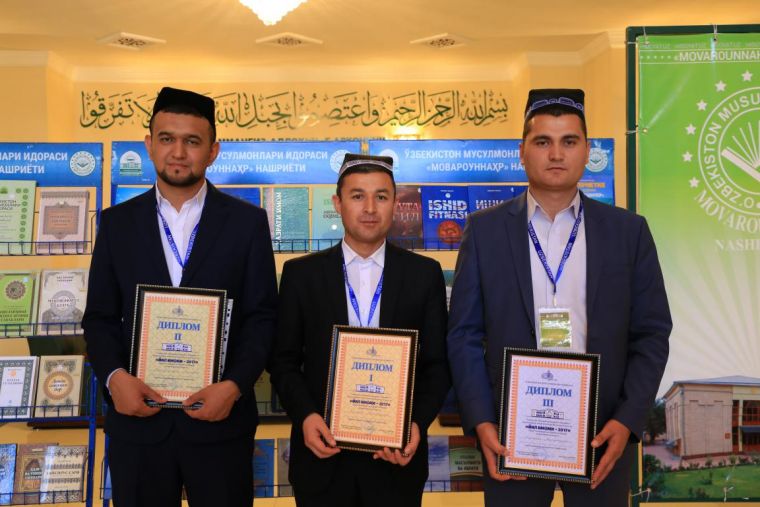
On November 8, it was held the Republican stage of the competition “Imam of the year”. The event was organized by the Muslims board of Uzbekistan in Tashkent.
The competition aimed to choose the most intelligent imam of the Uzbekistan. Traditionally, the event was begun with prayers pray from the Holy Quran.
The contest was marked in a 70-point system. At the beginning of the contest participants chose the numbers and identified their order of participation.
The conditions of the competition are answering questions, interpretation Holy Quran’s verses.
All participants were tested and the winners of the contest were chosen.
It is important to give people the reliable knowledge on Islam. In this way imams play the main role in leading society.
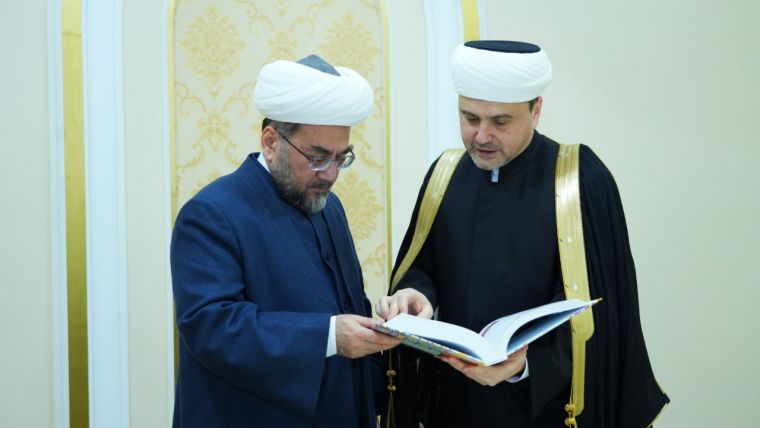
The Chairman of the Muslims Board of Uzbekistan, Mufti Sheikh Nuriddin Khaliqnazar, received Rushan Abbyasov, the Deputy Chairman of the Religious Board of Muslims of the Russian Federation.
During the meeting, the sides discussed key issues of mutual interest, including the organization of international conferences and the implementation of joint projects in religious, enlightenment, scientific, and educational spheres.
Press Service of the Muslims Board of Uzbekistan
